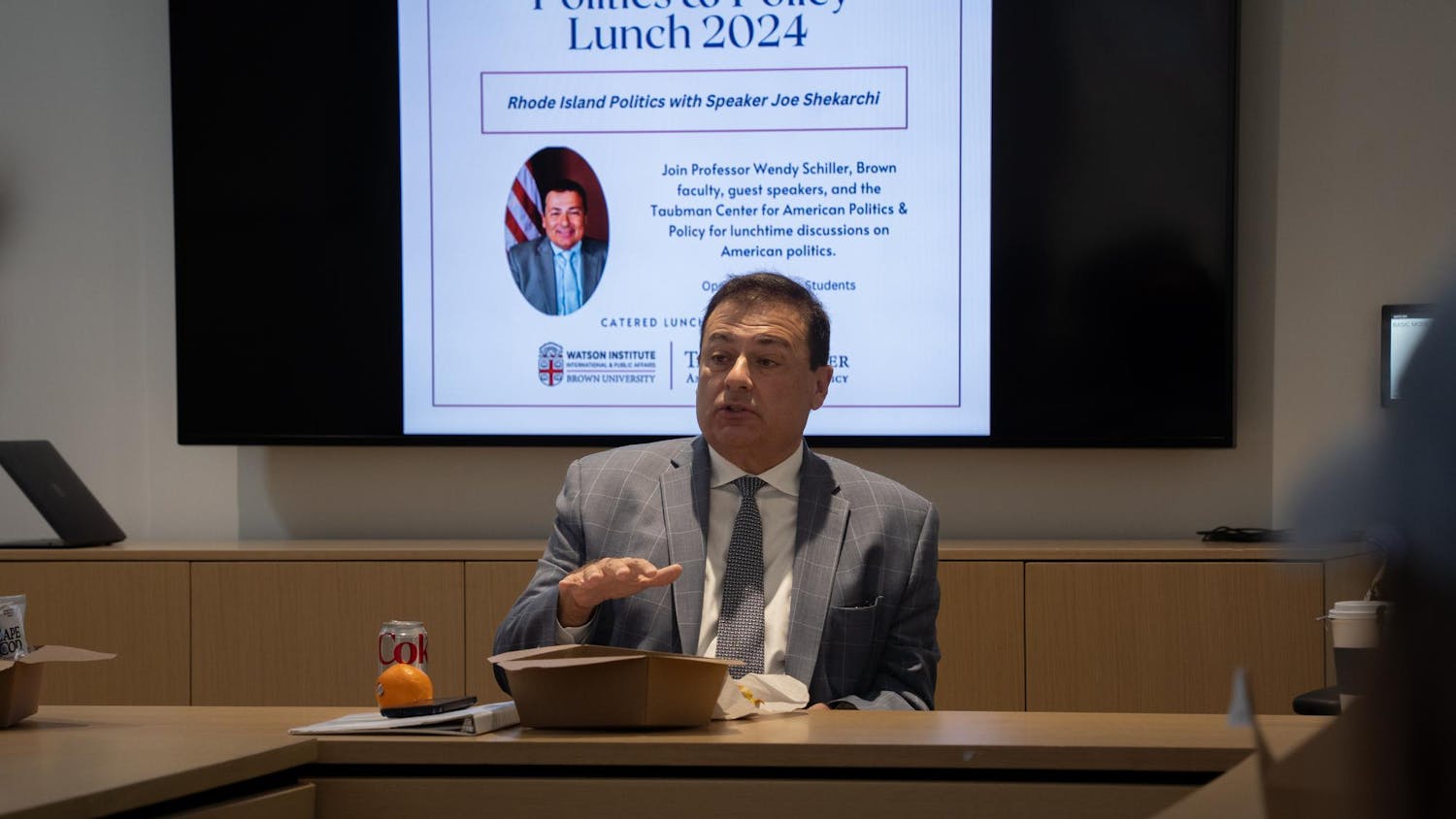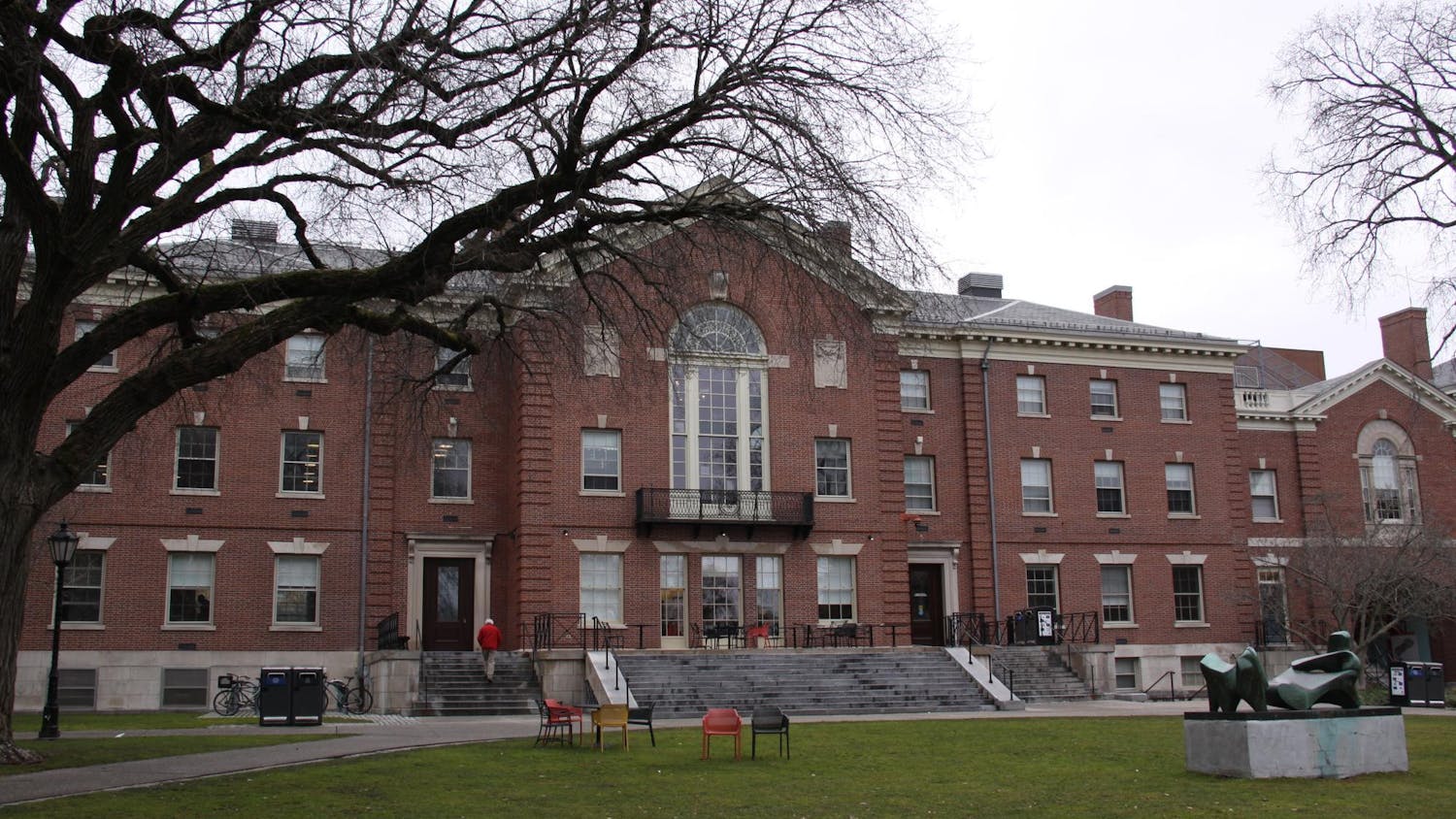The University may convert the ombudsperson position to full-time and expand access for students and some employees starting in 2014, a move the Faculty Executive Committee recently voted to support.
Ruth Rosenberg was hired to the post last year and currently works part-time, offering services for two and a half days weekly. The proposal to expand the position must now receive full faculty approval.
Pending approval from the faculty, provost and president, undergraduates, graduate students and non-unionized staffers would be able to consult the ombudsperson’s office. The ombudsperson currently liaises with faculty members and post-doctoral students, Rosenberg said.
The proposed changes would allow most members of the Brown community to seek the ombudsperson’s services in dealing with workplace tension, personal problems or faculty disputes.
The ombudsperson’s office has handled 55 cases since the beginning of this academic year, Rosenberg said, adding that she has covered issues including the tenure process, promotion and supervisor relations.
Every other Ivy League institution offers a full-time ombudsperson to employees except for Yale, which turned down a similar proposal last year, The Herald previously reported.
Brown unionized staffers were not included in the proposal because FEC members felt that they did not require the ombudsperson’s services, said Harold Roth, professor of religious studies and East Asian studies and a member of the FEC.
“Unionized employees have their own means of dealing with the grievances at the University,” Roth said. “They have somebody in charge of their grievances, so it’s redundant.”
Karen McAninch, a business agent for the United Service and Allied Workers of Rhode Island chapter, said the union did not understand the rationale to limit ombudsperson access. About 20 to 25 percent of University employees are unionized, McAninch added.
“It would seem on face value that there’s no reason why union employees should be excluded,” McAninch said. “I don’t see how that would take away any union rights.”
Rosenberg said her office meets periodically with President Christina Paxson to discuss the group of people who visit and the types of issues they raise.
“I can act as an early warning and give her a different perspective on the types of issues going on,” Rosenberg said.
Rosenberg said she neither records nor discloses the identities of visitors to anyone outside her office, except in the case of imminent harm and criminal liability.
Matthew Lyddon GS, president of the Graduate Student Council, expressed enthusiasm about the possibility of expanding the ombudsperson’s responsibility to include all students.
The GSC passed a resolution at its meeting Wednesday supporting expanding the ombudsperson to a full-time position and to extend the ombuds office to all graduate students.
The motion was passed unanimously, and Lyddon said this would serve as a measure to demonstrate to the University that graduate students as a whole are committed to this issue.
-With reporting by Maggie Livingstone
A previous version of this article quoted a source who said most of Brown’s peer institutions do not offer unionized employees access to the ombudsperson’s services. In fact, most peer institutions do cover unionized employees, and some do not. The Herald regrets the error.

ADVERTISEMENT




